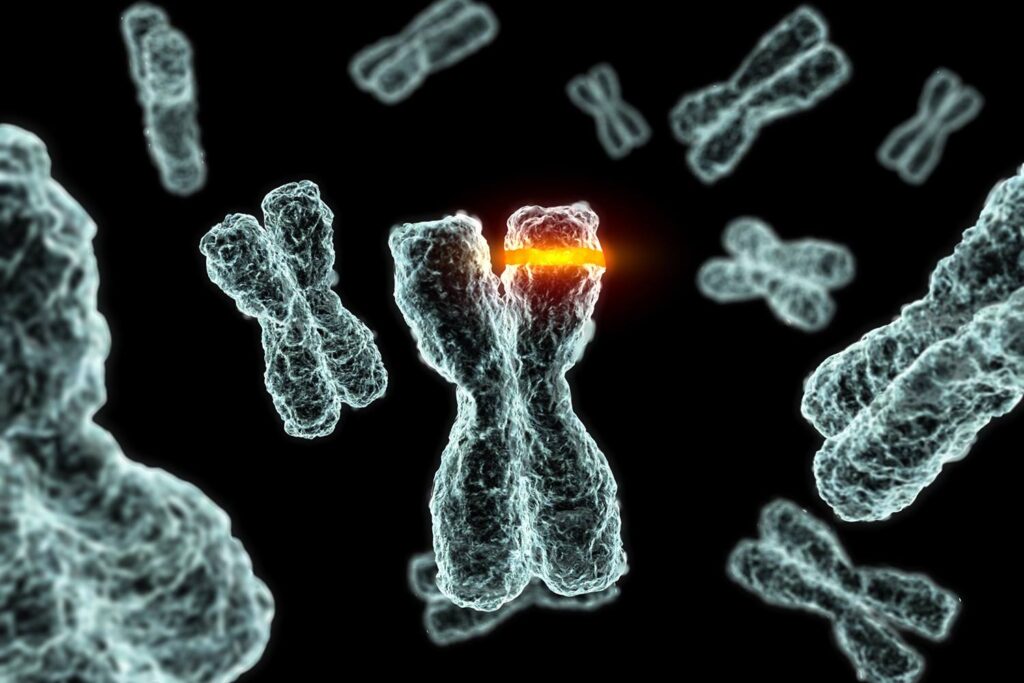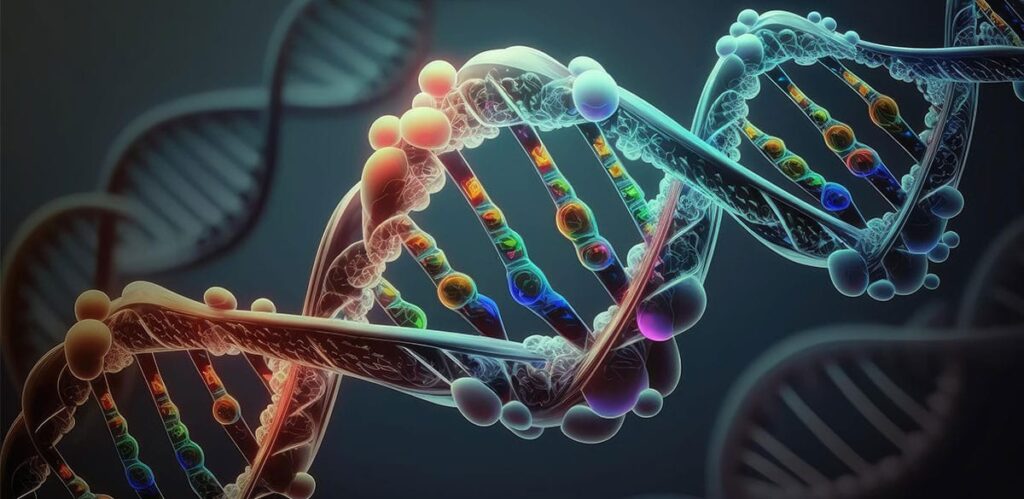
Genetic disorders are a complex and often misunderstood area of medical science. These conditions can affect individuals and their families in profound ways, and they continue to be a subject of both fascination and concern. In this blog post, we will delve into the world of genetic disorders, exploring what they are, how they manifest, and their impact on people’s lives.

What Are Genetic Disorders?
Genetic disorders are health conditions caused by changes in an individual’s DNA. These changes can be inherited from one’s parents or occur spontaneously. They can affect any aspect of human health, from physical development to cognitive function, and can range from mild to severe.
Understanding the Role of DNA
To comprehend genetic disorders, it’s essential to understand the role of DNA. DNA, or deoxyribonucleic acid, is the genetic code that carries instructions for building and maintaining the human body. It’s composed of genes, which are specific sequences of DNA responsible for various traits and functions.
Types of Genetic Disorders
- Single-Gene Disorders: These disorders are caused by mutations in a single gene. Conditions like cystic fibrosis, sickle cell anemia, and Huntington’s disease fall into this category. Inheritance patterns can be dominant, recessive, or X-linked, depending on the specific gene affected.
- Chromosomal Disorders: These disorders result from changes in the number or structure of chromosomes. Down syndrome, Turner syndrome, and Klinefelter syndrome are examples of chromosomal disorders.
- Multifactorial Disorders: Many common conditions, such as heart disease, diabetes, and some types of cancer, have both genetic and environmental factors contributing to their development. These are referred to as multifactorial disorders.
- Mitochondrial Disorders: These disorders are caused by mutations in the DNA of mitochondria, the energy-producing structures within cells. Mitochondrial disorders can affect various organs and systems.

How Genetic Disorders Manifest
The way a genetic disorder manifests in an individual can vary greatly. Some people may carry a genetic mutation but remain completely asymptomatic, while others may experience severe symptoms from birth. The severity of a genetic disorder often depends on the specific gene affected, the type of mutation, and other factors like environmental influences.
Impact on Individuals and Families
Genetic disorders can have a profound impact on individuals and their families. Coping with a genetic disorder can be emotionally and financially challenging. Affected individuals may require ongoing medical care, specialized therapies, and support. Families often need to adapt to new routines and lifestyles to provide the best care for their loved ones.
The Future of Genetic Disorder Research
Advancements in genetics and genomics are providing hope for the future. Scientists are working tirelessly to uncover the genetic underpinnings of various disorders, which can lead to improved diagnostic tools, targeted treatments, and, in some cases, even potential cures.

Conclusion
Genetic disorders are a complex and multifaceted area of medicine, affecting people in diverse ways. Understanding the science behind these conditions is essential for medical professionals, researchers, and individuals and families dealing with genetic disorders. While there is no one-size-fits-all solution, ongoing research and increasing awareness offer hope for better diagnosis, treatment, and support for those impacted by genetic disorders.

VISIT OUR OFFICE : 5TH FLOOR LE-DESIRE COMPLEX, CIRCULAR ROAD ,LALPUR, RANCHI, JHARKHAND
VISIT OUR WEBSITE FOR MORE INFOMATION https://eternalcareerclasses.com
FOR TEST SERISE, PREVIOUS YEAR QUESTION PAPER OF NEET AND DPP FROM ALL CHAPTERS ARE AVAILABLE ON ETERNAL RANCHI APP.DIRECT DOWNLOAD FROM QR CODE GIVEN BELOW
